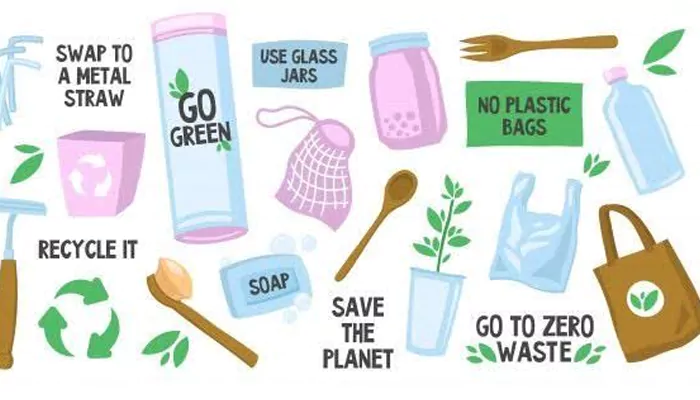The Effects Of Microplastics On Marine Life – New Insights
- Ishani Karmakar
- 1 year ago
- 4 minutes read

When we think about the ocean, images of vast, pristine waters filled with vibrant marine life often come to mind.
However, beneath the surface lies a growing environmental crisis – microplastics. These tiny plastic particles, less than five millimeters in size, are increasingly found in our oceans and are having a profound impact on marine ecosystems. Recent research has shed new light on how microplastics are affecting marine life, and the findings are both alarming and eye-opening.
The Ubiquity of Microplastics
Microplastics originate from various sources, including the breakdown of larger plastic debris, microbeads in personal care products, and synthetic fibres from clothing. Due to their small size, they easily evade filtration systems and end up in water bodies, eventually reaching the ocean. Once there, they are dispersed by currents and can be found from the surface to the deep sea, even in remote areas like the Arctic.
How Microplastics Enter the Food Chain
One of the most concerning aspects of microplastics is their ability to enter the marine food chain. Small marine organisms, such as plankton, often mistake microplastics for food. When these tiny creatures consume them, the particles accumulate in their bodies. As these organisms are eaten by larger predators, the microplastics are transferred up the food chain, ultimately affecting fish, birds, and marine mammals.
The Impact on Marine Species
Recent studies have provided new insights into the specific effects of microplastics on marine life. Here are some key findings:
Physical issues
Microplastics can cause physical harm to marine organisms. For example, fish and shellfish that ingest microplastics may experience blockages in their digestive systems, leading to malnutrition or worse. Additionally, the sharp edges of microplastics can cause internal injuries.
Chemical Exposure
Microplastics can act as carriers for toxic chemicals. Plastics often contain additives like flame retardants and plasticizers, which can leach out once ingested by marine life. Moreover, microplastics can absorb harmful pollutants from the surrounding water, such as pesticides and heavy metals. When marine organisms ingest these contaminated particles, they are exposed to toxic substances.
Behavioural Changes
Microplastics can also lead to behavioural changes in marine animals. For example, studies have found that certain fish species exhibit altered feeding behaviour when exposed to microplastics, spending more time searching for food and less time on other essential activities like avoiding predators.
The Ripple Effects on Ecosystems
The presence of microplastics in the ocean not only affects individual species but also has broader implications for marine ecosystems. As microplastics accumulate in the food chain, they can disrupt the balance of marine communities. For instance, if plankton populations decline due to microplastic ingestion, this can affect the entire food web, including the fish and marine mammals that rely on them for sustenance.
Moreover, the degradation of coral reefs, which are already threatened by climate change and pollution, can be exacerbated by microplastics. Corals that ingest microplastics may suffer from reduced growth and increased susceptibility to disease, further endangering these vital marine habitats.
Addressing the Problem
Here are some strategies that can help mitigate the impact of microplastics on marine life:
Reducing Plastic Use
One of the most effective ways to combat microplastics is to reduce overall plastic consumption. This includes using reusable bags, bottles, and containers, as well as supporting products with minimal or no plastic packaging.
Improving Waste Management
Enhancing waste management systems to prevent plastic waste from entering the environment is crucial. This includes better recycling processes, as well as initiatives to clean up existing plastic pollution.
Regulating Microplastics
Governments can implement regulations to limit the use of microplastics in products, such as banning microbeads in personal care items. Additionally, promoting research and development of alternative materials can help reduce the reliance on plastics.
The effects of microplastics on marine life are a stark reminder of the far-reaching consequences of our plastic addiction. As new insights reveal the extent of the damage, it becomes increasingly clear that urgent action is needed to protect our oceans and the creatures that inhabit them. Let’s commit to making a difference, for the sake of our oceans and future generations – Mother Earth needs it!












